Peninsula Health Center | Addiction Treatment in South Bay Area
- Call Today for a Free Consultation
- 1-866-934-8228
PTSD and Addiction Treatment Center
Post-traumatic stress disorder (PTSD) is a relatively common mental health condition that impairs everyday stability in multiple ways. If you or your loved one have PTSD, you face increased odds of developing a substance use disorder (SUD). And if you have an SUD, you face increased odds of experiencing life-impairing post-traumatic stress. The combined effects of these two conditions are both serious and treatable. To recover, you need a treatment provider capable of addressing each.
For a PTSD and addiction treatment center in Southern California, call on the specialists at Peninsula Health Treatment Center. Every day, we use customized, dual recovery plans to help people affected by these overlapping mental health issues. Our integrated approach supports a durable, gradual return to mental equilibrium and substance abstinence.
Medication-Assisted Treatment
Expertly managed medication-assisted treatment options available to all clients.
Unique Therapies
We utilize the latest advancements to ensure all clients experience personalized care.
Outpatient Options
We offer day and night intensive outpatient options so you don't have to worry about missing out.
Meet the Team
At Peninsula Health Center, we've established a world-class team of expert, caring treatment providers.
Our Program Defined
We offer integrative wellness solutions from addiction to mental health to overall health & wellness.
Tour Our Facility
Our convenient location makes its easy to access top-notch addiction medicine in Southern California.
Learn More
Understanding Post-Traumatic Stress Disorder
PTSD is a mental health disorder that manifests in four intertwined ways. Individuals diagnosed with this condition may:
- Undergo two or more detrimental changes in their mood and thought processes.
- Exhibit two or more symptoms associated with an overactive ‘fight-or-flight’ response.
- Involuntarily reexperience a past traumatic event, whether during sleep or waking hours.
- Feel compelled to avoid thoughts, emotions, places, objects, or situations that trigger memories of the traumatic incident.
These challenges persist for months or longer following the initial traumatic experience, causing significant distress and hindering daily functioning. Importantly, these symptoms are directly linked to past trauma and lack any other primary cause.
While PTSD can affect anyone, statistics reveal a higher vulnerability among women compared to men. Children and adolescents also face unique risks, underscoring the connection between unresolved childhood experiences and the development of PTSD in adulthood.
To learn more about PTSD, reach out to the supportive staff at Peninsula Health today. They are here to provide assistance and information.

PTSD and Its Connections to Substance Abuse and Addiction
Substance use disorders are mental health condition that encompasses two once-separate issues:
- Drug or alcohol addiction marked by compulsive use and a disregard for its consequences.
- Substance abuse that significantly impairs functioning without necessarily leading to addiction.
Individuals grappling with PTSD face heightened risks of developing one or both of these challenges. This correlation is multifaceted. Firstly, substance use disorder increases the likelihood of developing PTSD, exposing individuals to potential sources of serious trauma like physical assault, intimate partner violence, rape, or drug/alcohol overdose.
Conversely, PTSD raises the odds of developing a substance use disorder. Many affected individuals turn to drugs or alcohol as a coping mechanism, escalating substance intake and increasing the likelihood of meeting the criteria for SUD.
These connections extend beyond traumatic experiences. Both PTSD and substance problems share hereditary risks associated with similar genetic mutations. Moreover, they thrive in environments marked by comparable impulsive behaviors. Early exposure to significant stress heightens risks for both conditions. Additionally, PTSD and substance problems reinforce each other by inducing similar alterations to normal nervous system function and hormone production.
If you have questions about the intricate links between PTSD and SUD, find the answers you seek at Peninsula Health Treatment Center. We are here to provide the support and information you need.
The Combined Effects of PTSD and Substance Problems
Post-traumatic stress disorder (PTSD) and substance use disorder (SUD) each have the power to seriously destabilize your life. However, when these two conditions overlap, research indicates that the combined effects become even more challenging.
What are the expected consequences when symptoms of abuse/addiction intertwine with post-traumatic stress? Anticipated outcomes include:
- Diminished mental well-being compared to either condition in isolation.
- Compromised physical well-being.
- Greater difficulty adhering to the treatment plan designed to facilitate your recovery.
- Reduced likelihood of responding well to the plan, even if diligently followed.
- Increased chances of necessitating inpatient hospitalization during your recovery journey.
- More significant disruption to your key relationships.
These findings underscore the critical need to identify cases where PTSD and substance problems coexist. They emphasize the importance of timely and tailored treatment. For more information, consult the professionals at Peninsula Health’s PTSD and addiction treatment center today. We are here to provide the support and guidance you need.
Dual-Diagnosis
Find out more about our dual-diagnosis programming at Peninsula Health Center in Palos Verdes.
Holistic Therapies
Explore the different types of holistic treatment options offered at Peninsula Health Center.
Medication-Assisted
Discover how our medication-assisted treatment program works and begin healing today.

We Can Help
Treating PTSD and Addiction at Peninsula Health Center
Post-traumatic stress disorder and SUD are both classified as forms of mental illness. However, when they occur together, they also share another classification: dual diagnosis. This same classification also applies any other time that SUD occurs alongside another kind of mental health condition.
In some ways, dual diagnosis treatment is the same as treatment for any standalone SUD. But in other ways, it differs significantly. The main concern when treating dual diagnosis is addressing both conditions in a coordinated, well-integrated manner. When this is done, your recovery odds increase. When it’s not, those odds inevitably decline.
Appropriate therapy for addiction and PTSD is key. The options that tend to work best belong to a school of psychotherapy called cognitive-behavioral therapy (CBT). Two types of CBT are beneficial for PTSD treatment:
- Prolonged exposure (PE) helps you grow gradually less sensitive to things that trigger your PTSD symptoms
- Cognitive processing (CP) which enables you to challenge the mistaken beliefs that can keep your trauma active
Different forms of CBT can help you recover from any substance use disorder.
You may also receive addiction medication during dual diagnosis treatment if you have alcohol or opioid problems. In addition, you may receive an antidepressant to help relieve some of your PTSD symptoms.
Want to know how Peninsula Health creates customized plans for PTSD/SUD recovery? Talk to our in-house specialists today.
Find Lasting Recovery
Get a free consultation right now. Fill out the form below to get a callback from our expert and caring admissions team. Whether you are a fit for our program or not, we will help you find the best treatment options that work for your personal needs.
Peninsula Health Is Your
Southern California PTSD and Addiction
Treatment Center
The presence of substance use disorder in people with PTSD is not rare. If you’re a man with PTSD, you have more than a 50/50 chance of experiencing it. If you’re a woman, your odds stand at nearly 28%. To recover from the two conditions, you need a dual diagnosis rehab program. This kind of program is specifically designed to treat combined cases of SUD and other mental illnesses.
Need a Southern California PTSD and addiction treatment center? Turn to Peninsula Health. We feature a range of dedicated services for men and women with dual diagnosis. That includes those affected by PTSD and substance problems. Each dual-diagnosis treatment plan is carefully calibrated to meet personal needs. In this way, we seek to maximize the stability of your recovery. For more information on our specialized services, contact us today.

Your Health Insurance Can Pay for Treatment
Learn more about how Peninsula Health Center works with health insurance plans and how your insurance can help cover most of the costs associated with treatment.

